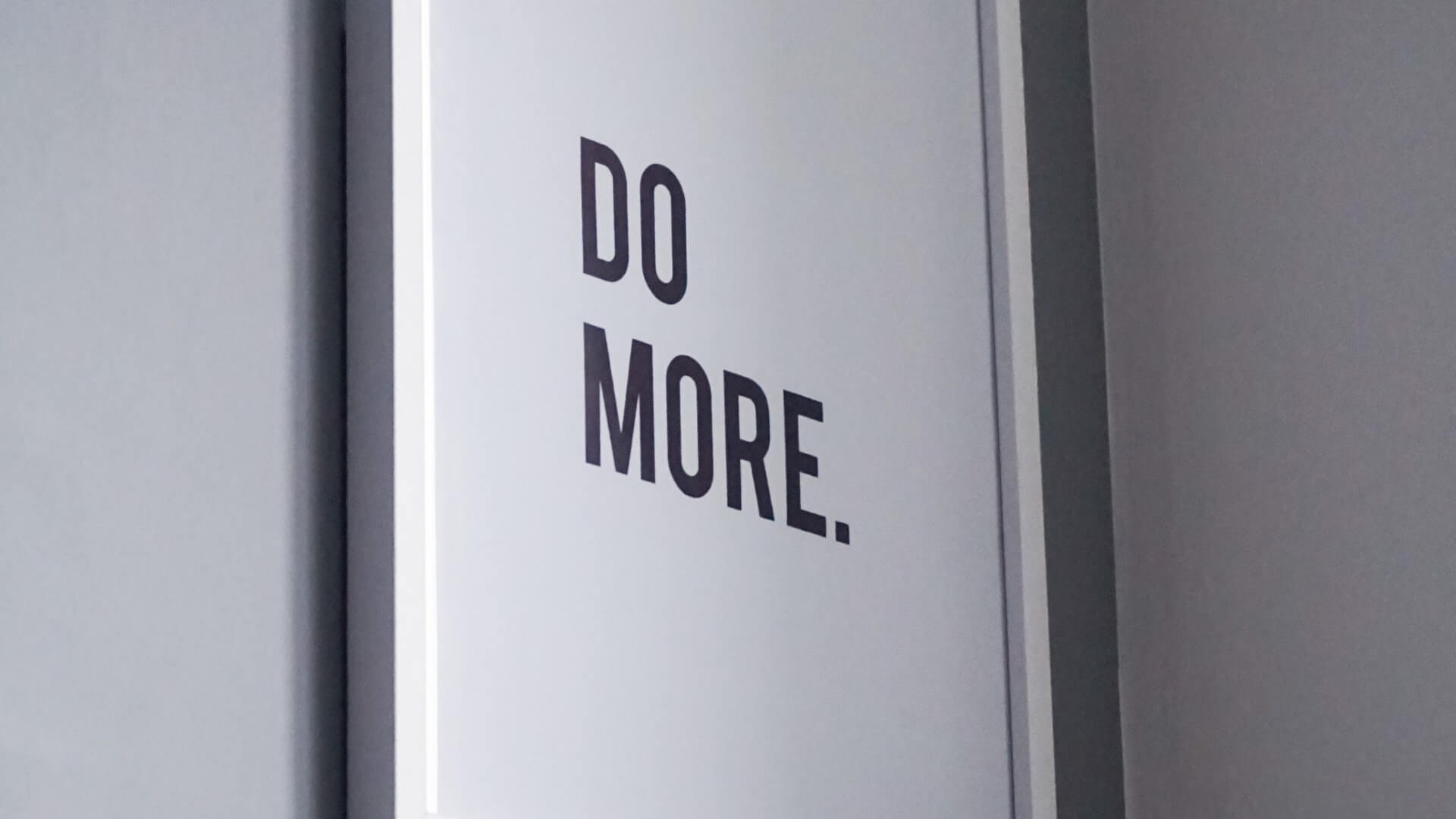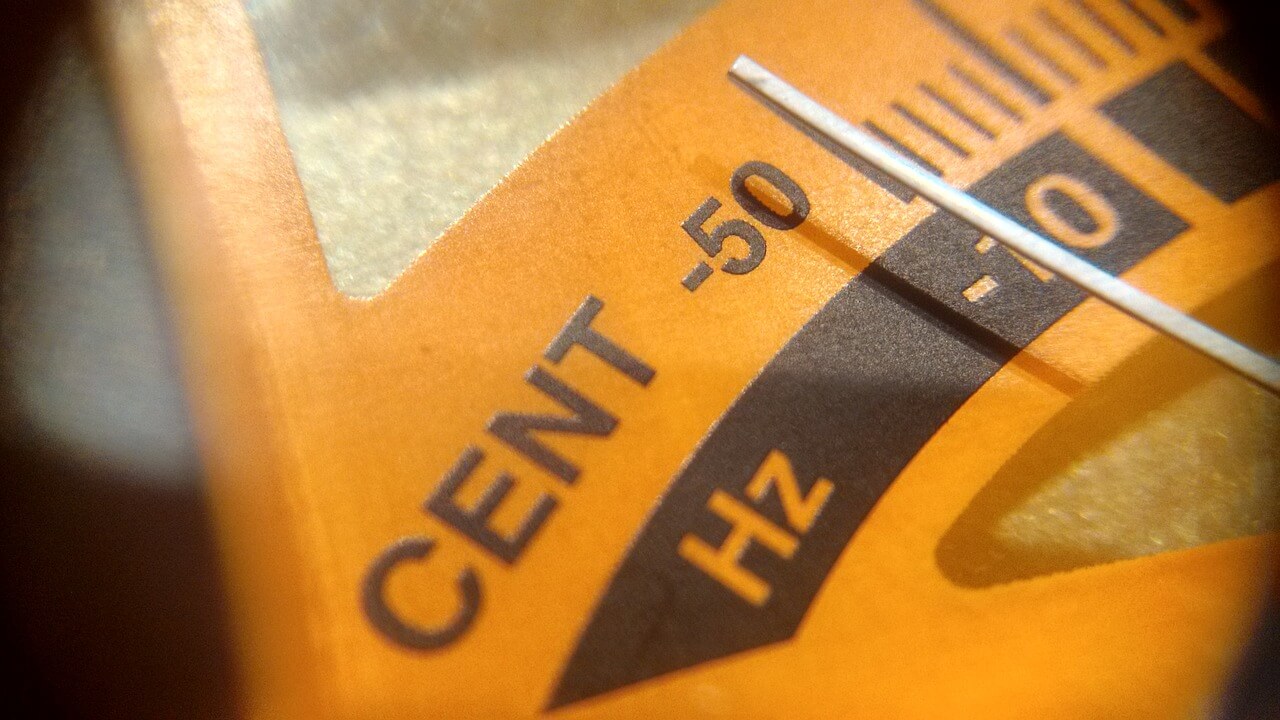A couple of weeks ago Seth Godin wrote a couple of brilliant blog posts about deadlines. One about how to make a deadline, and another about how to miss a deadline.
While musicians don’t have to deal with deadlines for financial reports or software features (usually), we do have to deal with other deadlines. Those are concerts, recitals, and auditions.
While both blog articles are worth reading, there were a couple of principles that jumped out to me.
Don’t Do Your Best
First:
Deadlines aren’t kept by people ‘doing their best.’ Keeping a deadline requires a systemic approach to dependencies and buffers and scenario planning. If you’re regularly cutting corners or burning out to meet deadlines, you have a systems problem.
https://seths.blog/2021/05/how-not-to-miss-a-deadline/
With any sort of endeavor that requires both training and creativity (music, art, writing, sports) having a deadline is both a blessing and a curse.
The blessing comes from having a thing to focus all of your energy into. You’ve got to complete a specific goal by a specific day. Either you know the music or you don’t, and you’ll find out at a certain day and time.
However, without good systems in place to make sure you’re making steady progress, you’ll likely find small (or large) holes in your preparation that won’t reveal themselves until it’s too late. You need a plan that covers all your preparations and that gives regular “check-in” points so you can see how well your plan is (or is not) working.
I remember several auditions where I did not plan ahead enough. I did the practice, but it wasn’t focused. When the audition finally showed up on my calender about 10-15 days out, it became apparent just how “not ready” I was. Of course, that leads a lot of stressed, cram practicing, which is not beneficial and rarely improves things. Needless to say, those auditions were not terribly successful.
Account for Unsteady Progress
A single deadline is a deadline that will certainly not be met. But if you can break down your big deadline into ten or fifteen intermediate milestones, you will know about your progress long before it’s too late to do something about it.
https://seths.blog/2021/05/how-not-to-miss-a-deadline/
Even with a good system in place, things can go awry. If you’re pushing your limits in learning new music or a new skill, progress is rarely as fast or as steady as we want it to be.
When you make your first plan, you may not give yourself enough time to actually meet all your milestones. While this can be disheartening, when you know this weeks or months ahead of time, you can make adjustments.
Whether those adjustments are to your final product (slower tempo), your practice schedule (practice more), or your deadline (drop out of a gig). No matter what, having an idea of where your progress is vs. where you want it to be far in advance of a deadline gives you options!
Systems Check
As things continue to reopen in an eventual return to a “new” normal, it’s worth taking some time over the summer to go through your systems and find the ones that don’t (or didn’t) serve you.
If you’ve always noticed yourself cramming for a specific audition (cough All-State), then you should start preparing (or planning) now. Don’t wait until marching band is in full swing and you’re getting ready for school to start.





